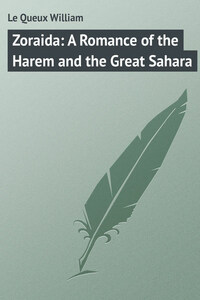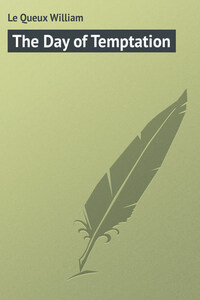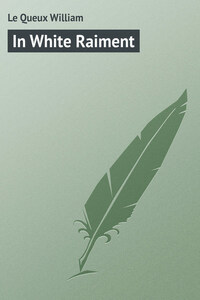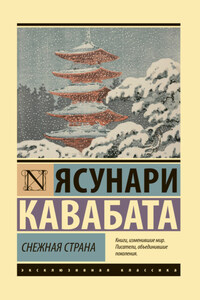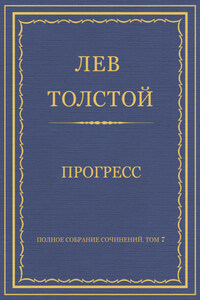Chapter One.
Ali Ben Hafiz
The adventure was strange, the mystery inexplicable.
A blazing noontide in the month of Moharram. Away across the barren desert to the distant horizon nothing met the aching eye but a dreary waste of burning red-brown sand under a cloudless sky shining like burnished copper. Not an object relieved the wearying monotony of the waterless region forsaken by nature, not a palm, not a rock, not a knoll, not a vestige of herbage; nothing but the boundless silent expanse of that wild and wonderful wilderness, the Great Sahara, across which the sand-laden wind swept ever and anon in short stifling gusts hot as the breath from an oven.
Far beyond the Atlas mountains, under the fiery rays of the African sun, I was riding with all speed in order to overtake a caravan which I had been informed by the cadi at Wargla had started for Noum-en-Nas, the small town in the Touat Oasis, two days before my arrival. The caravan, I learned, was composed of camels, therefore, mounted as I was on a fleet Arab stallion, and guiding myself by my pocket compass and the very inadequate map of the Dépôt de la Guerre, I expected to come upon them ere two suns had set.
Four long breathless days had now passed, yet I could detect no living thing.
In the far south of Algeria the intense dry heat of summer always affects Europeans, and although clad lightly in haick and burnouse, with my feet thrust into rough slippers, I was no exception. Alone in that trackless, arid desert, with my food and water nearly consumed and my brain aflame with fever, I was bound to admit my position decidedly unenviable. I was afflicted by a hundred miseries. Into my face the glaring noonday heat was reflected by the sand; I was hungry, my throat was parched, the racking pain of fatigue cramped my bones, and my horse, weary and jaded, stumbled now and then as he plodded slowly onward under the fierce, pitiless rays.
The two Chasseurs d’Afrique who had been sent with me for protection by my friend the General of Division, had foolishly partaken of melons soon after leaving Tuggurt, and had been stricken down with illness in consequence; therefore I had been compelled to set out upon my journey into the Areg alone.
Suddenly, about an hour after noon, my eager eyes were rewarded by a sight in the far distance of a cloud of dust. Spurring my horse, I galloped onward, and in half an hour the bells of the camels and the jingle of the horses’ trappings fell upon my ears. The dense whirling cloud of sand preceded the cavalcade, and whenever a gust of wind parted it, slow-plodding camels heavily laden with merchandise, glittering arms, and flowing scarlet and white burnouses could be seen. In this way the caravan presented itself as I pressed on towards its flank.
Within fifty paces of the vanguard I dug my heels into the horse’s sides and bounded across to the head of the convoy of a dozen Spahis. A solitary rider journeying across the desert is such an unusual spectacle that the ferocious-looking advance guard, fearing attack, shouted and lowered their rifles.
“Phtaris! Peace be upon thee!” I cried in Arabic, seeing myself received in such a hostile manner. “Cowards! Thou seemest afraid that a single Englishman will attack thy caravan!”
The guards, thus reproached, muttering that they were pressing through the turbulent country of the Beni Zougs, raised their weapons with a look of shame upon their dark-bearded faces, while their chief reined his horse to interrogate me.
“Whose is this caravan?” I asked, disregarding his string of rapidly-uttered inquiries.
“It belongeth to Ali Ben Hafiz, the merchant of Biskra,” he replied.
“And thou art on thy way to Noum-en-Nas?”
“True,” he answered, with a puzzled look. “But how dost thou know? What dost thou want with us?”
“Conduct me to thy master,” I said. “It is imperative that I should speak with him.”
As I uttered these words, an elderly grave-faced man, with a long white beard flowing over his spotless burnouse, rode up, and, judging him to be the merchant for whom I had been searching, I greeted him and gave him peace.
“Aish ism arrajol di?” (“What is the name of this man?”) he asked suspiciously of the chief of the convoy.
“My name,” I exclaimed, “is Cecil Holcombe, an Englishman who desireth to travel to the Touat Oasis. The Director of Fate turned the bridle of my horse towards thee and allowed me to hear the bells of thy camels from afar; the Guide of the Reins of Destiny moved my intention so that I came hither to meet thee. Behold! I bear unto thee a letter from our mutual friend, General Malezieux, Chief of Division.”
The name of that high official caused him to open his keen dark eyes wider, and, taking the letter from me, he quickly read it. In Arabic my friend the General greeted his brother Ali Ben Hafiz with strings of salutations and references to the Prophet, and implored him to take under his protection the adventurous Englishman.
When the old merchant had read it through twice, he slowly stroked his patriarchal beard. Then, looking up, he said in his own language —
